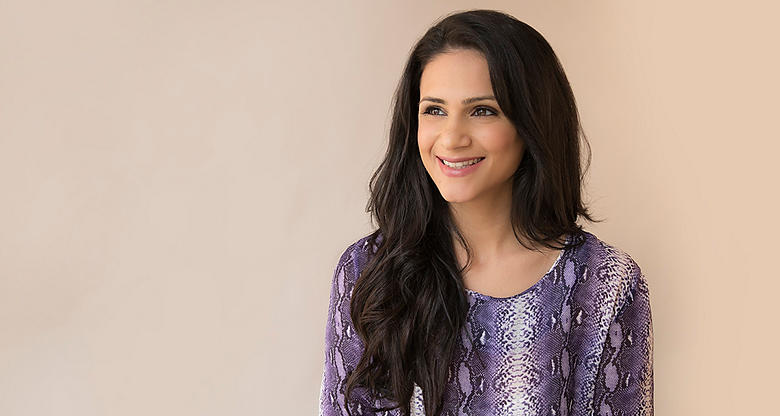“Just because you don’t know how to code, doesn’t mean you can’t run a technology business,” said social change advocate, Anne-Marie Elias, while hosting a women disrupting technology event in the CommBank Innovation Lab1.
Women in Focus partnered with the Australia-Israel Chamber of Commerce to share the stories of three women, Jessica Glenn, CTO of OneShift Jobs and Skilld, Loren Trlin, serial entrepreneur and life and business strategy coach, and Monica Wulff, founder of Startup Muster, who have founded successful businesses with roots in technology.
In 2016, the Australian Government committed an extra $12 million to restore the focus, and increase student uptake of, science, technology, engineering and mathematics (STEM) subjects in primary and secondary schools across the country. Jessica, Loren and Monica hope that the increased focus on women’s participation rates in STEM disciplines will result in more women seeing the areas as viable career options.
Problem solving a gateway to innovation
Creating a startup must also be seen as a viable option for women in creating businesses that solve a common problem. “It’s all about finding a problem that needs solving, and each of these three women started businesses to try and solve a problem,” explains Anne-Marie of the startup process.
Working at the Australian Bureau of Statistics (ABS) and later as a business insights analyst, Monica Wulff had searched for local data on startups and knew there was a gap in the market. After leaving the ABS and cofounding a startup, she decided that there was no longer only a gap, but a real need for relevant data on the startup ecosystem, and the result was Startup Muster, the largest survey of the Australian startup community. The business, using innovation and technology to solve a common problem, is the first of its kind in the country.
Creating an innovative solution to a problem is just the beginning for female founders of technology-based businesses. Anne-Marie believes innovation is more than just a business buzzword, and must be kept at the forefront of the nation’s agenda. “We need to keep talking about innovation,” she emphasises.
We need change, and we need it quickly
Diversity, in particular in STEM industries, is also something that businesses and entrepreneurs need to shine a light on. Jessica says she believes that a diverse founding team and a diverse senior executive team will perform better, and statistics (McKinsey, 2018) support the business case for inclusion and diversity. Ensuring more women are at the leadership table makes good business sense, in every sector. “Change is happening, but it needs to happen more quickly,” Monica says. "Tech needs us, business needs us.”
The panellists reiterated that you don’t need to be the expert in the technology, rather you need technology literacy to identify skills gaps and hire the type of developer or coder you need. “If you are working in the tech space, you need to at least have an understanding of who you’re looking to hire, and what languages they need to know,” Monica shared.
Monica explained that many startups outsource projects and the number one thing they outsource is software development. “If you’re at your minimum viable product (MVP) stage, learning to code doesn’t mean you need to become a software engineer, but you can certainly learn enough to build a basic prototype and you can learn it very quickly,” Jessica explains. “That will get you to the point where you know what kind of thing you need to build, or what kind of outsourcing you need.”
Closing the skills gap to increase diversity
There were more software developers and programmers 30 years ago than there are today and it’s one of the only fields where women’s participation rates have actually decreased. “We’re talking about a skills gap at the moment, we need to combat that… We’ve got to look at secondary education, tertiary education and get the government involved in all that as well,” Monica said.
One of the things that all three panellists reiterated was the inherent need for continuous self-development when both owning and running a business, and working in a space that is continually evolving. Jessica taught herself how to code on a flight, and Loren has worked with business coaches and taken courses to continually develop her skillset. “It’s about investing in yourself, and backing yourself,” Loren explained.
Sign up to the Women in Focus newsletter for updates on our community and events, and more content like this.
1 CommBank Innovation Lab was relaunched as X15 Ventures in 2020.




